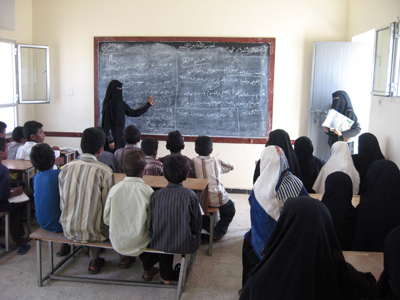
Iran. North Korea. Syria.
These are just a few countries that come to mind when one is called to think of a rogue nation. However, if you were to ask these countries who their top choice is for rogue nation of the globe, the answer may or may not be surprising: The United States of America.
This assertion does not go without merit. A Newsweek article points out, “…for many states the term ‘rogue’ might just as well apply to the United States as to the renegades it seeks to isolate.”
As Samuel Huntington, author of The Clash of Civilizations, notes the United States is viewed as intrusive, exploitative, and hypocritical. The overthrow of the Iraqi government against international objections, possession of nuclear weapons, the support of governments who commit human rights violations against their own citizens, all are reasons some deem the United States as “rogue.”
against international objections, possession of nuclear weapons, the support of governments who commit human rights violations against their own citizens, all are reasons some deem the United States as “rogue.”
Several people may dismiss this claim as a sign of jealousy or ill will toward America. They may be right. Yet this opinion, no matter how trivial it may seem, circulates within the global conscience. Huntington quotes one British diplomat as saying, “One reads about the world’s desire for American leadership only in the United States. Everywhere else one reads about American arrogance and unilateralism.”
The use of the term “rogue,” along with several other descriptions, can potentially have the same antagonistic affect on other countries’ policies toward the U.S. as the U.S. rhetoric has on American foreign policy. In either event, the connotation linked with “rogue” can be applied to any country.
Click here for pictures of “rogue” leaders, past and present.
Academic Source: Huntington, Samuel P. “The Lonely Superpower.” American Foreign Policy. Ed. G. John Ikenberry. 4th ed. New York: Longman, n.d. 586-96. Print.
